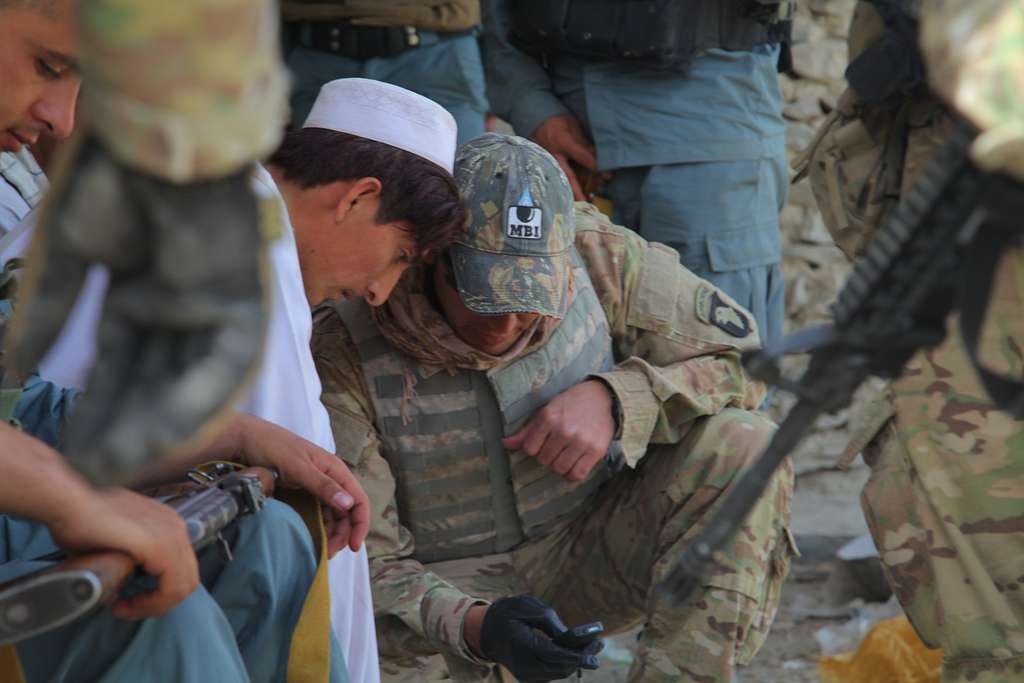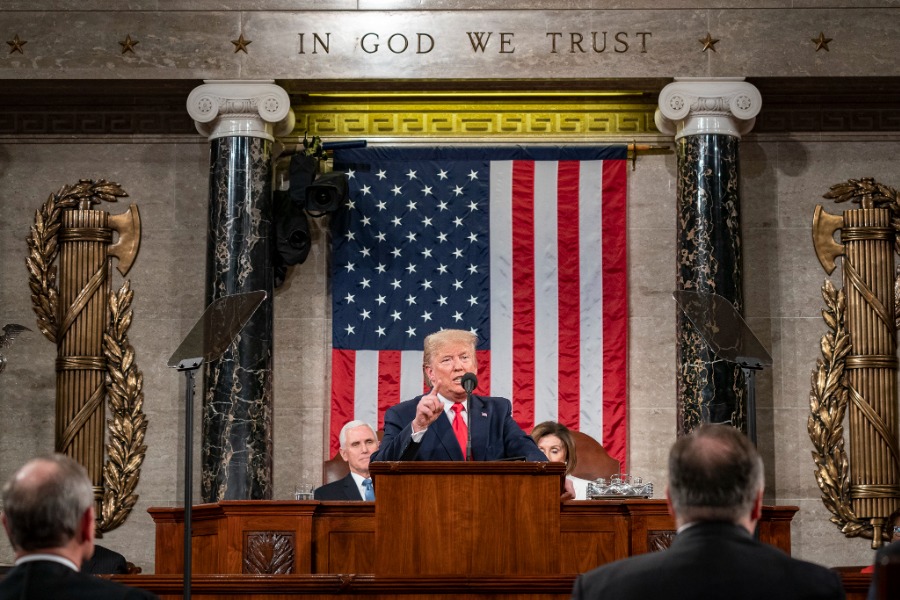Office of Legal Counsel Opinion on Libya Intervention
The Justice Department’s Office of Legal Counsel has just published its opinion in support of its view that “the President had constitutional authority, as Commander in Chief and Chief Executive and pursuant to his foreign affairs powers, to direct such limited military operations abroad [in Libya], even without prior specific congressional approval.” The analysis relies on a wide array of arguments and executive branch precedents (many of which are collected
Published by The Lawfare Institute
in Cooperation With

The Justice Department’s Office of Legal Counsel has just published its opinion in support of its view that “the President had constitutional authority, as Commander in Chief and Chief Executive and pursuant to his foreign affairs powers, to direct such limited military operations abroad [in Libya], even without prior specific congressional approval.” The analysis relies on a wide array of arguments and executive branch precedents (many of which are collected here). It puts special weight on “the ‘historical gloss’ placed on the Constitution by two centuries of practice,” noting that U.S. history is “replete with instances of presidential uses of military force abroad in the absence of prior congressional approval” (citations and internal quotations omitted). It reads the War Powers Resolution as a congressional confirmation of inherent presidential power to use force within 60 (or 90) days. It relies on UNSCR 1973 as evidence of an important foreign relations interest that supports the use of presidential power (background here). And finally, the opinion relies heavily on two 1990s OLC opinions (here and here) which held that the relatively limited uses of military force in Bosnia and Haiti do not amount to “war” within the meaning of the Declare War clause.
On a quick read, the opinion appears to be significant for its extension of some OLC precedents and its (implicit) contraction of other OLC (and DOJ) precedents. On the expansion side, the new opinion reads the national interest that the President can serve with unilateral military force broadly, and breaks new ground (as I speculated a few weeks ago) in its extension of the “no war” precedents beyond the Bosnia and Haiti situations – which involved consensual peacekeeping-like introductions of ground troops but no significant uses of force – to cover two weeks of non-consensual aerial bombardments. On the contraction side, the opinion suggests more clearly than prior ones that some instances of unilateral presidential military action might be “sufficiently extensive in ‘nature, scope, and duration’ to constitute a ‘war’ requiring prior specific congressional approval under the Declaration of War Clause.” The bottom line – at least as far as executive branch precedents go – appears to be a strengthening of the justification for relatively short-term but significant uses of military force and a weakening of the justification for larger and longer military actions (like Korea and possibly Kosovo). More commentary on this tonight if I have time.
Update: Charlie Savage has additional analysis (including some quotations from above).




.jpg?sfvrsn=6cdd11de_5)
